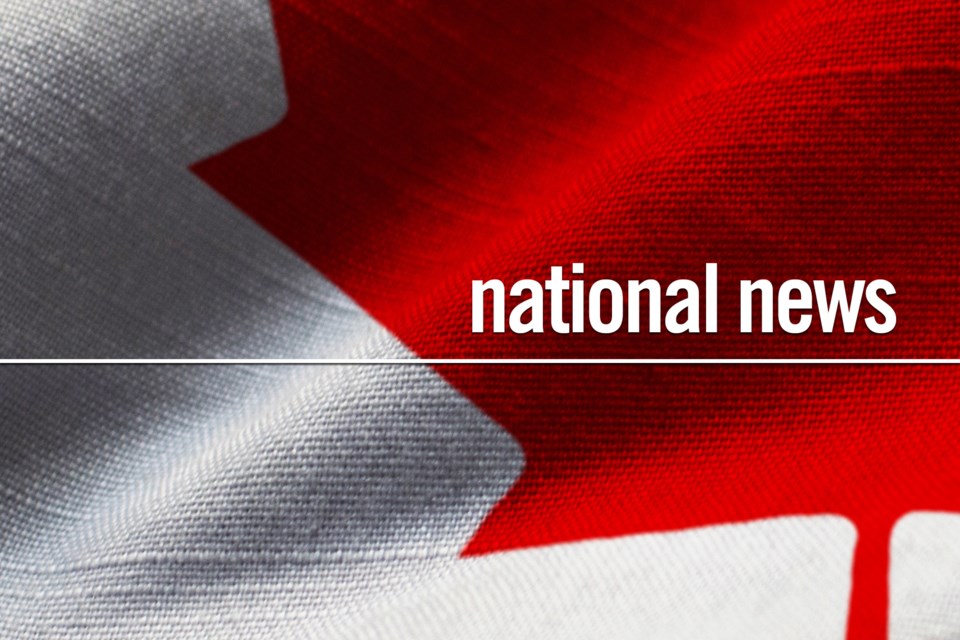The National Chief of the Assembly of First Nations (AFN), the country’s most powerful Indigenous advocacy organization, will not seek a third term as leader when his mandate ends next summer.
Perry Bellegarde has spent his six years in the role helping bring Indigenous issues to the forefront of Canadian public life.
“Last night, I wrote to the Chiefs of Canada – saying I will not be seeking re-election in next July’s AFN National Chief’s election,” the National Chief said.
“Being National Chief of the Assembly of First Nations, has been the greatest job I could have imagined.”
“Issues and concerns that we used to talk about only among ourselves, around the kitchen table, are now out there in the media every day, at the centre of public debate,” Bellegarde said in a series of tweets on December 5.
Bellegarde has been the AFN National Chief since 2014 and in that time he has successfully advocated for laws protecting Indigenous children and languages as well as a new bill to implement the UN Declaration on the Rights of Indigenous Peoples. He also helped secure more than $27 billion in new funding, he said.
“My term runs until July, 2021, and I want to give a lot of my energy, time and focus on the remaining six months we’ve got left in my term to get things done.”
“If you are running for re-election, you have to do a campaign, you have to do a team. That takes a lot of energy to do that … it’s about really putting my energies in and not being distracted,” he said.
Among trying to influence the next Federal budget, Bellegarde is focusing his efforts into pushing for passage of legislation introduced last week by the federal government that would begin the process of bringing Canadian law into alignment with the United Nations Declaration on the Rights of Indigenous People (UNDRIP).
The declaration, which was passed by the UN General Assembly in 2007, affirms the rights of Indigenous peoples to their language, culture, self-determination and traditional lands and establishes “minimum standards for the survival and well-being” of Indigenous people, according to the UN.
When Bellegarde took office, the previous Conservative Government did not support UNDRIP, however, as Bellegarde said himself, “Things have changed; things have moved.”
National Chief Bellegarde is from the Little Black Bear First Nation, Treaty 4 Territory. He served as Chief of the Federation of Saskatchewan Indian Nations and Saskatchewan Regional Chief for the Assembly of First Nations. He has also served as the Tribal Chair of the Touchwood-File Hills-Qu’Appelle Tribal Council, Councillor for the Little Black Bear First Nation and Chief of Little Black Bear First Nation.
“I always say, what an amazing opportunity for a young guy from Little Black Bear to have been part of that.”
National Chief Perry Bellegarde said he will address the chiefs at their general assembly, which is being held virtually this week after it was put off last summer due to the COVID-19 pandemic.
“I will be both excited and anxious, but most of all, proud of the work we did together,” he said. “We still have lots of work to do, so let’s fight together for First Nations’ priorities right to the end.”
Prime Minister Justin Trudeau told a news conference in Ottawa on December 5 that Bellegarde has been a tireless leader and advocate for First Nations.
“I am joined by people across the country in recognizing and celebrating his years of devoted service to First Nations communities,” Trudeau said.
“We will continue to work with the national chief to advance the priorities identified by First Nations, including keeping First Nations communities safe from this pandemic,” he said.
Jacob Cardinal, Local Journalism Initiative Reporter
Read more from AlbertaNativeNews.com



